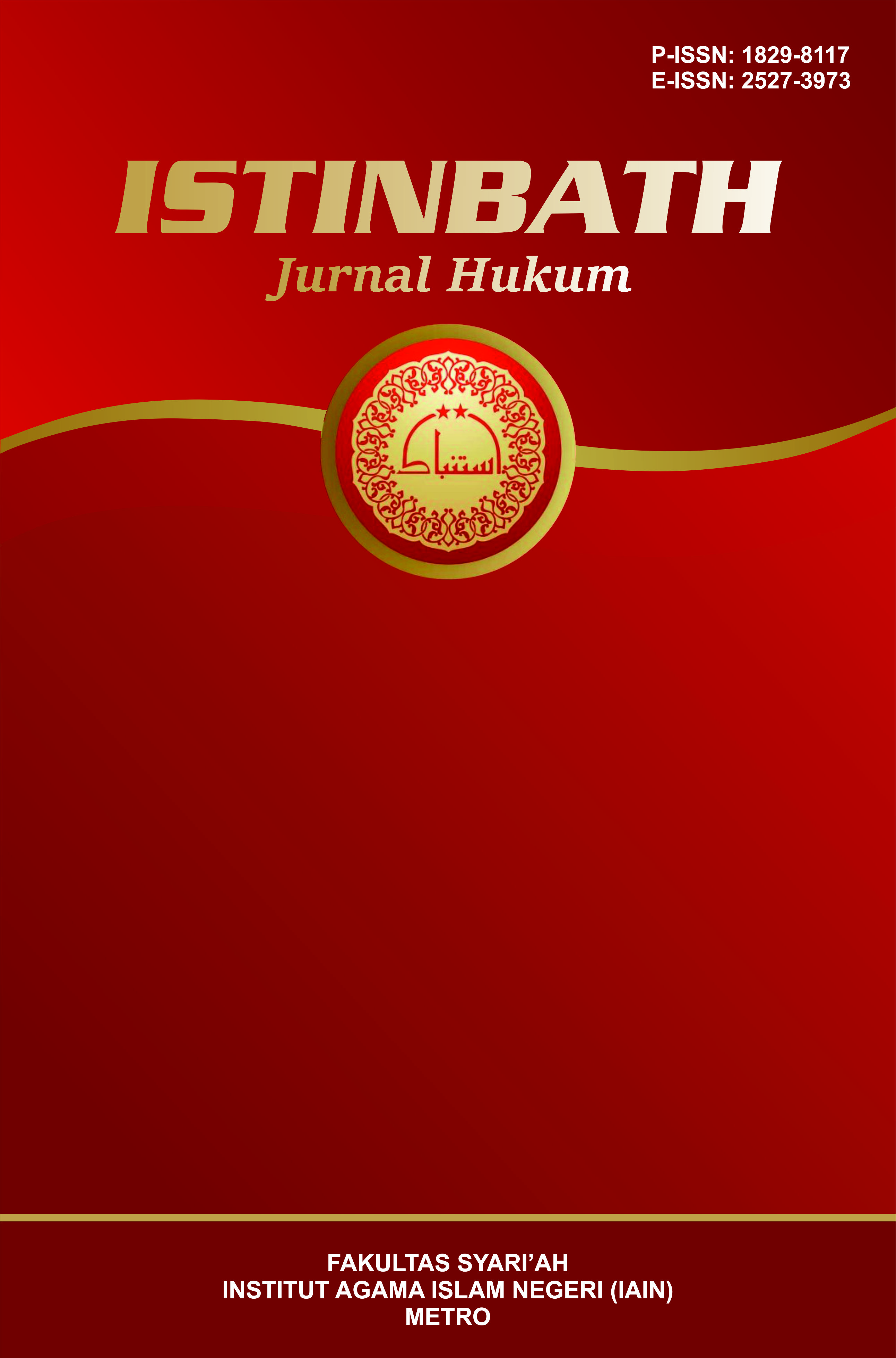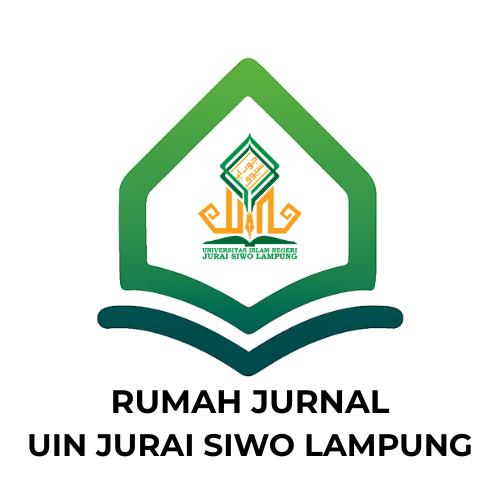The Concept of Structural Legal Aid in Handling and Corruption Eradication
DOI:
https://doi.org/10.32332/istinbath.v21i02.8712Keywords:
Maqashid Sharia; Structural Legal Assistance; Handling Corruption.Abstract
Corruption is a structural crime that is very dangerous for social life. Because this crime will destroy the social order system in various sectors. Starting from education, economics, law and others. Therefore, it is necessary to immediately resolve this problem using the right concept. Namely using the concept of Structural Legal Assistance which prioritizes community participation (non-litigation) to be fully involved in corruption eradication activities. Another thing that can be said is that this concept also does not rule out the concept (litigation) of taking action against corruption crimes. Apart from that, the use of the concept of Structural Legal Assistance in eradicating corruption often faces the risk of obstacles or obstacles in its implementation. So this is where the existence of maqashid sharia as a knife edge for analyzing the concept of structural legal assistance in eradicating corruption. This research uses a type of juridical-empirical research with a legislative approach, a case approach and a conceptual approach. Furthermore, to enrich the content of this research the author conducted interviews and observations at the YLBHI institution. Then supported by legal materials, journals and data documents related to this research. The results of this research are that maqashid sharia views the concept of structural legal assistance as highly recommended as a concept for eradicating corruption. Because this concept prioritizes recovery and development of the impact of corruption crimes.
References
Downloads
Published
Issue
Section
License
Copyright (c) 1970 Hidayat Yat

This work is licensed under a Creative Commons Attribution-ShareAlike 4.0 International License.













